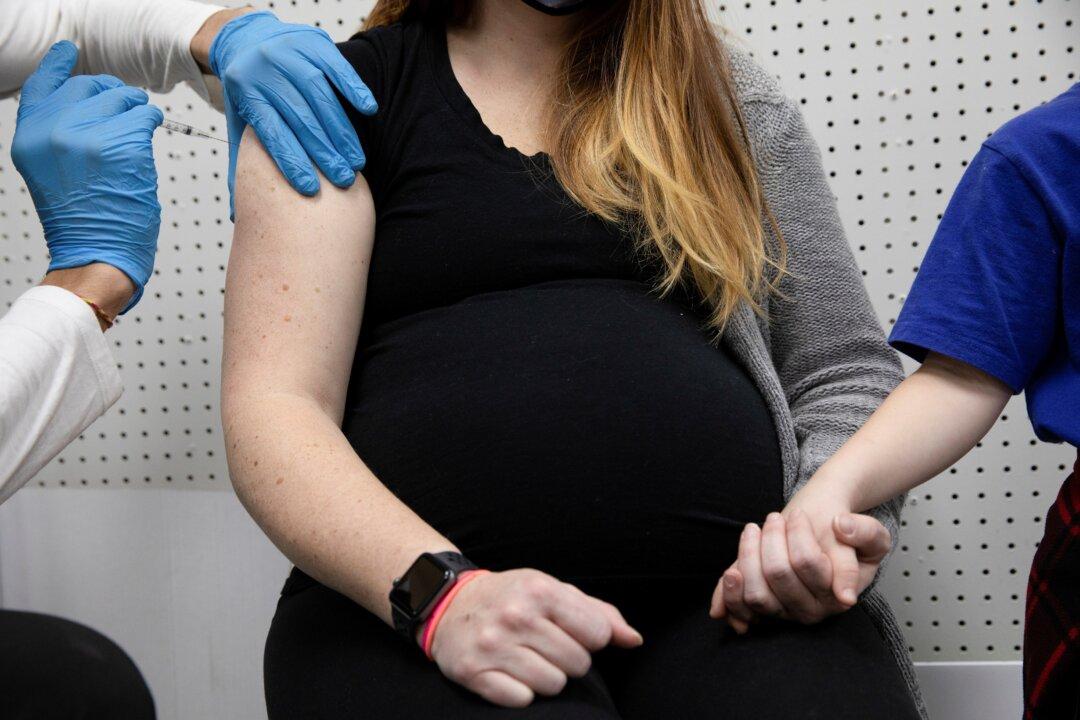Increased menstrual bleeding was linked to COVID-19 vaccines in a new study.
Approximately 42 percent of respondents in a survey about post-vaccination menstruation with a regular period reported bleeding more heavily than usual after getting a vaccine, according to the study, published in Science Advances after peer review on July 15.





